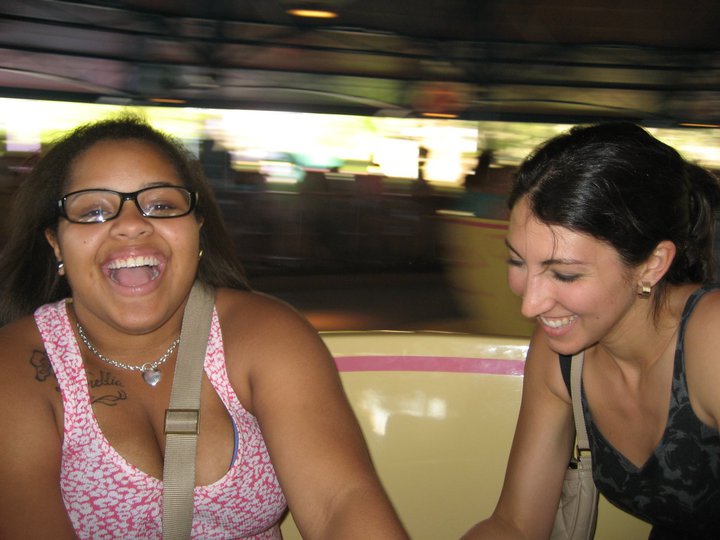Want smarter insights in your inbox? Sign up for our weekly newsletters to get only what matters to enterprise AI, data, and security leaders. Subscribe Now
Nine months ago, Ashana Davenport dropped out of high school and didn’t have a home. If you told her that she would have a career in tech, she wouldn’t have believed you.
Now Davenport is majoring in computer science at the University of San Francisco, and is raising an Indiegogo campaign to help with the costs. In less than a year, she has earned her high school diploma, gotten into college, learned how to code, interned at a venture capital firm, helped organize tech events, and hung out at some of Silicon Valley’s hottest companies. She has her sights set on a job at Google.
People like Davenport — African American and female — are a rarity in Silicon Valley’s engineering-centric world. Through a combination of “off the charts smarts,” fierce determination, and generous, well-connected friends, she has opportunities that most kids from West Philly will never have.
West Philadelphia born and raised
Davenport is from West Philadelphia, a place where homicides and drug busts are commonand less than 50 percent of students graduate from high school. She was the daughter of a single mother, and her family moved around constantly. At times, she spent two hours commuting on buses to get to school.
“We moved around 15 times, and I went to five different high schools,” Davenport told me at a coffee shop near her USF dorm. “Philly public schools are pretty bad. There were cops outside the schools, not for the kids to get protected, but for the neighborhood to be protected from the kids.”
Davenport started working when she was 14 years old. For years she juggled school and clocked 40 hours a week at Taco Bell, where she earned the minimum wage, $7.25 an hour.
“Working less was never an option,” she said. “I had to leave school early to go to work, and eventually I transferred to an online school. Then my mom put me out. Where I am from, it’s normal to get in a fight with your mom and get kicked out. But I refused to go to a [homeless] shelter.”
Her mom had kicked her out a few times before, and she always went back once the dust settled. This time was different. Davenport wanted to get her nose pierced, and in the process of procuring her birth certificate, she found out that she was adopted. The ensuing fight was the final straw.
Davenport ended up staying on friend’s couches while she figured out what to do, and she was forced to drop out of her school because no one had a computer where she could take her classes.
A few weeks later, she landed in San Francisco.
Her ‘Big Sister’
Ten years ago, Davenport participated in the Big Brothers Big Sisters sister program in Philadelphia, which paired her with Felicia Curcuru, a student at the University of Pennsylvania.
Curcuru worked for elite consulting firm McKinsey for a few years after college and then became the first employee of FundersClub, a startup that pioneered a model for online venture capital. She moved to San Francisco last year after FundersClub got accepted into the elite accelerator program Y Combinator.
The two kept in touch over the years. When Curcuru heard that Davenport was homeless and no longer in school, she immediately flew her to San Francisco for a three-week visit.
“Ashana comes from a background where there isn’t much exposure to opportunities or role models,” Curcuru said. ” But she is off-the-charts smart. I always thought she could do anything if she had the right resources, and when I heard she dropped out of high school, I knew I needed to step in.”
Curcuru quickly began introducing her to as many people in the tech community as she could. They visited companies such as Google, Twitter, Uber, and Dropbox and had dinner with Curcuru’s friends almost every night. Within a week, Davenport decided she wanted to stay.
“I had no idea about the entire tech world until I moved out here,” Davenport said. “As soon as I got off the plane, I met all these people and thought, ‘Oh my gosh, you people are amazing,’ It’s not about who you are or where you come from here. You are measured by your creativity and what you build and how it helps others.”

